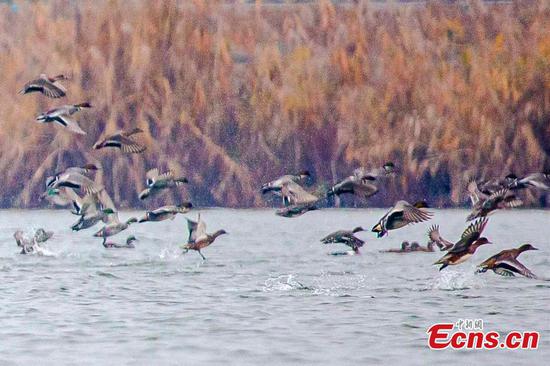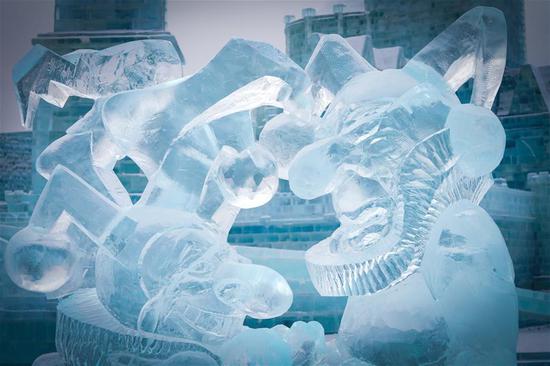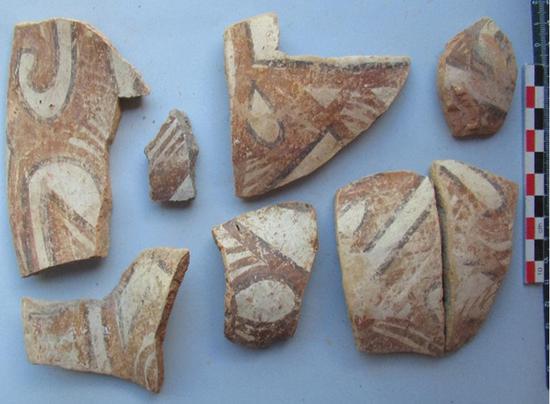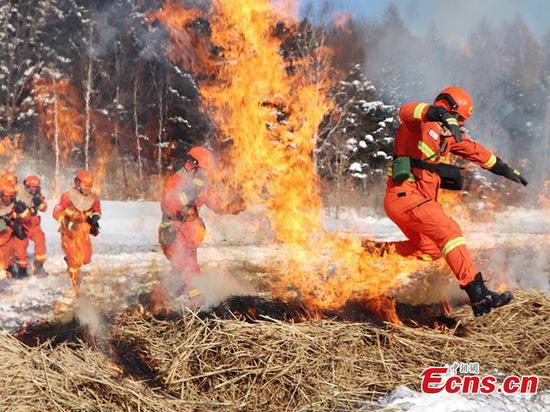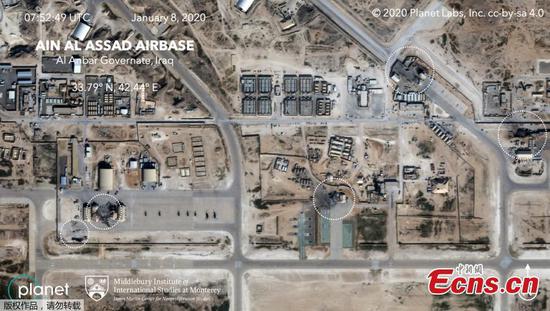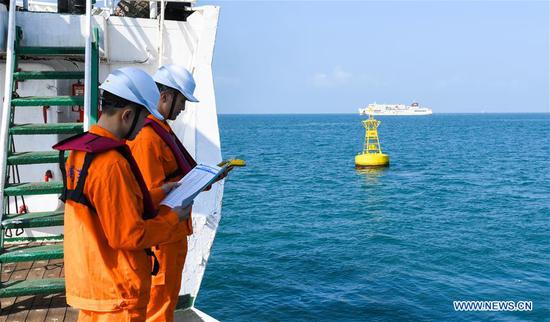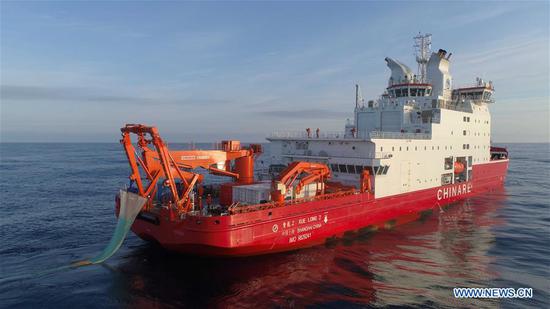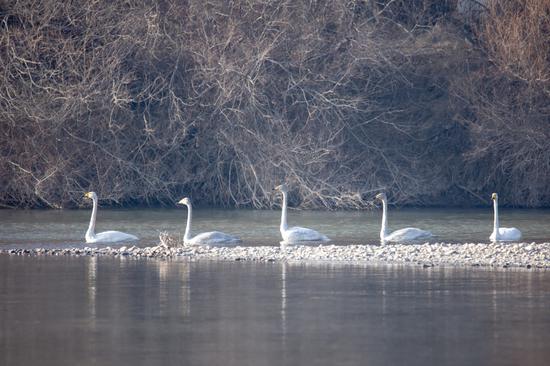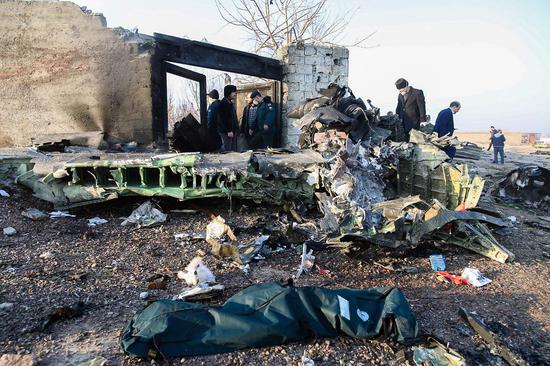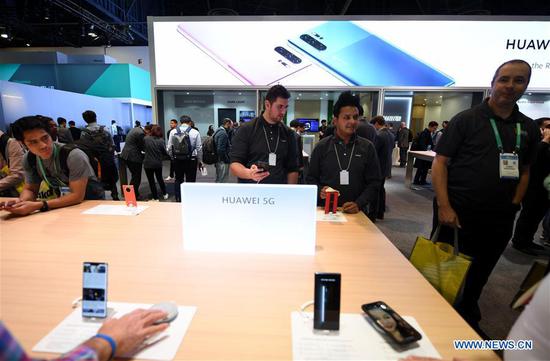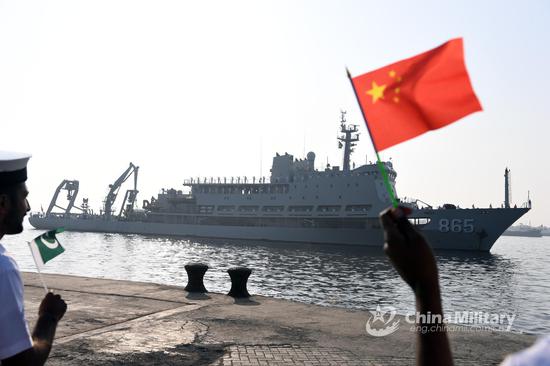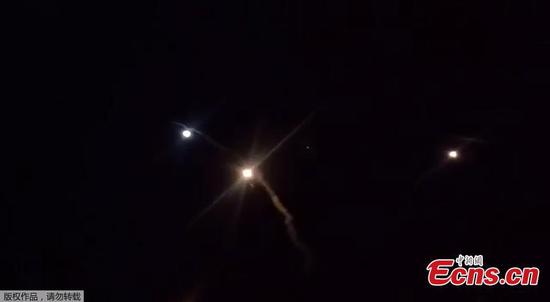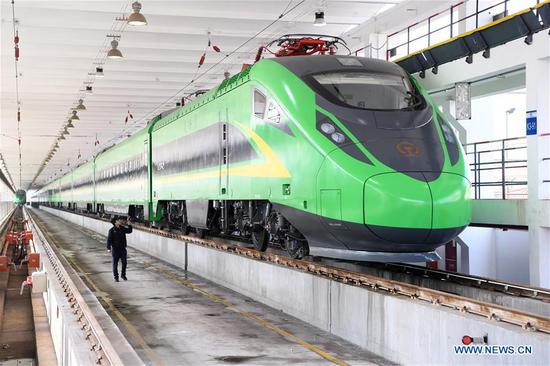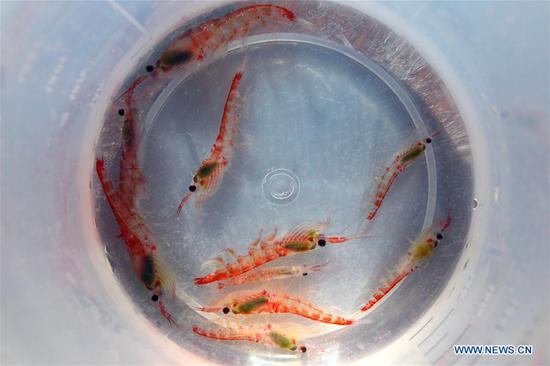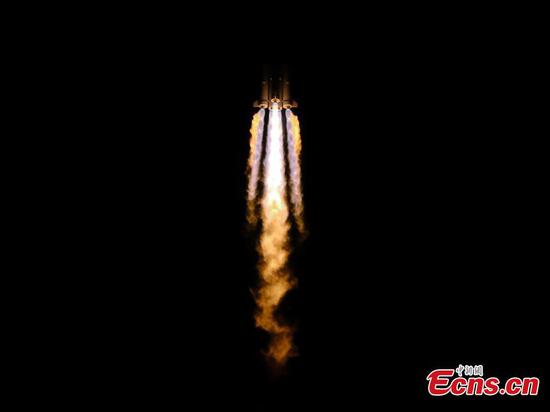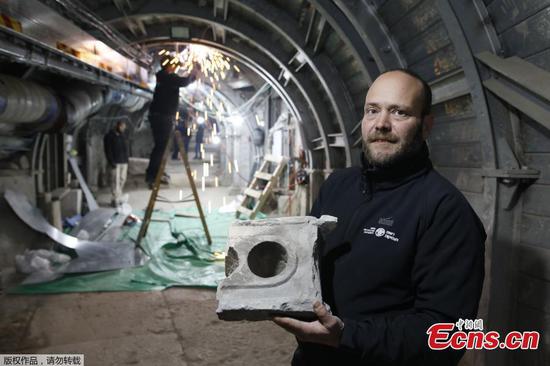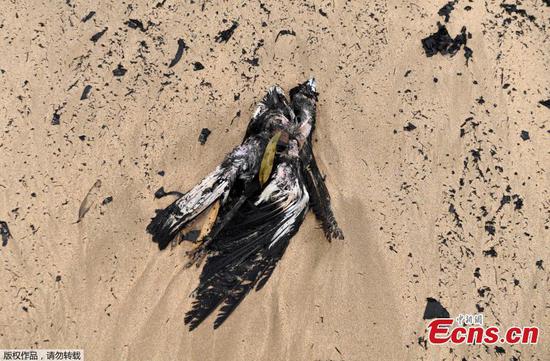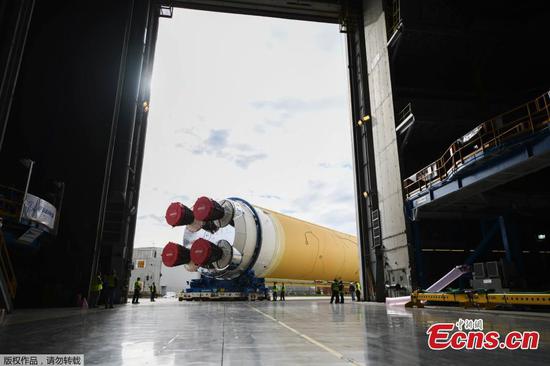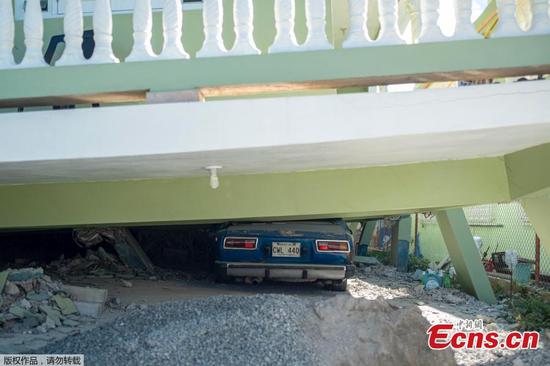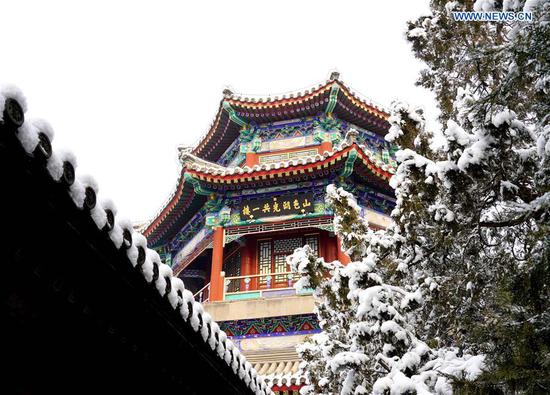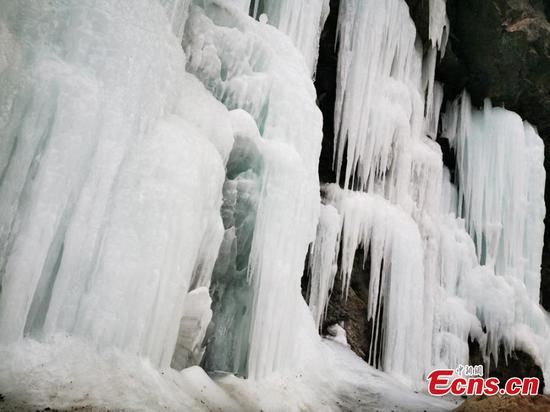U.S. president also vows more economic sanctions after Iran retaliatory missile strike
U.S. President Donald Trump doubled down on threats on Iran on Wednesday, vowing to impose additional sanctions and to never allow Teheran to obtain nuclear weapons, but he also offered a peaceful gesture.
"As long as I am president of the United States, Iran will never be allowed to have a nuclear weapon," Trump began his 10-minute televised remarks from the White House with the stark statement.
The morning after Iranian missiles attacked two military bases in Iraq that house United States troops in retaliation for the U.S. killing of its top military commander, Trump said the strikes caused no casualties to U.S. troops, and damage was minimal.
He noted that Iran appeared to be standing down, which is a "good thing" for all parties concerned.
"As we continue to evaluate options in response to Iranian aggression, the United States will immediately impose additional punishing economic sanctions on the Iranian regime," Trump said, adding that the sanctions will stay until Iran changes its behavior.
Trump described the Joint Comprehensive Plan of Action (JCPOA), also known as the Iran nuclear deal, as "very defective", which "expires shortly anyway, and gives Iran a clear and quick path to nuclear breakout".
Following the U.S. drone killing of Iranian general Qassem Soleimani in Baghdad last Friday, Iran said on Sunday it would scrap limits on enriching uranium, a further step back from commitments under JCPOA.
The agreement, under which Teheran curbed its uranium enrichment capacity to win sanctions relief in return, was signed by Iran with Britain, China, France, Germany, Russia and the United States in 2015. Washington quit the landmark deal in May 2018 and reinstalled sanctions.
Trump asked the signatories to recognize the reality and break away from the remnants of the Iran deal and work for a new deal with Iran.
But on Wednesday, one of the signatories, Britain, said it believes the Iranian nuclear deal remains the best way to prevent Iran from developing a nuclear weapon.
"It is our view that the JCPOA remains the best way of preventing nuclear proliferation in Iran, the 'best way' of encouraging the Iranians not to develop a nuclear weapon," Prime Minister Boris Johnson said Wednesday.
On Monday, Moscow urged all the signatories to create conditions for reviving the nuclear deal. "We are firmly calling on all the partners to stay within the JCPOA course and create conditions for resuming its stable implementation," Russian Foreign Ministry said in a statement.
Iran: Some disagreement in GOP
Trump also touted U.S. military strength, saying, "Our missiles are big, powerful, accurate, lethal and fast. Under construction are many hypersonic missiles." He added that American military and economic strength is the "best deterrent".
He said he would ask the North Atlantic Treaty Organization (NATO) to become "much more involved" in the Middle East.
Later on Wednesday, Trump spoke with NATO Secretary General Jens Stoltenberg by phone and discussed the Middle East situation. Trump "emphasized the value" of NATO increasing its role in preventing conflict and preserving peace in the region, a White House statement said.
Trump ended his speech by saying the United States is "ready to embrace peace" with all who seek it.
Following the strike on U.S. military bases in Iraq, Iranian Foreign Minister Mohammad Javad Zarif said that the country had "concluded proportionate measures in self-defense''.
"Iran took &concluded proportionate measures in self-defense under Article 51 of UN Charter targeting base from which cowardly armed attack against our citizens &senior officials were launched," Zarif tweeted. "We do not seek escalation or war, but will defend ourselves against any aggression."
Robin Wright, author of Rock the Casbah: Rage and Rebellion across the Islamic World, said on Wednesday that for now, both Iran and the Trump administration seem to be calibrating military actions to send strong messages but avoid war. "I emphasize — for now," she tweeted.
U.S. Senator Lindsey Graham, a Republican from South Carolina, called the Republican president's address "a home run speech".
Senator Mike Lee, another Republican, said whether more military action is warranted is a question for Congress. "The U.S. should seek to deescalate these raised tensions and I will continue to push to bring our troops back from the region," he tweeted.
Graham accused Lee and Senator Rand Paul, a Republican from Kentucky, of "emboldening" Iran, saying "they're libertarians".
Paul replied: "I love my country as much as the next guy, but for him to insult and say that somehow we're not as patriotic as he is — he hasn't even read the history of the Constitution."









